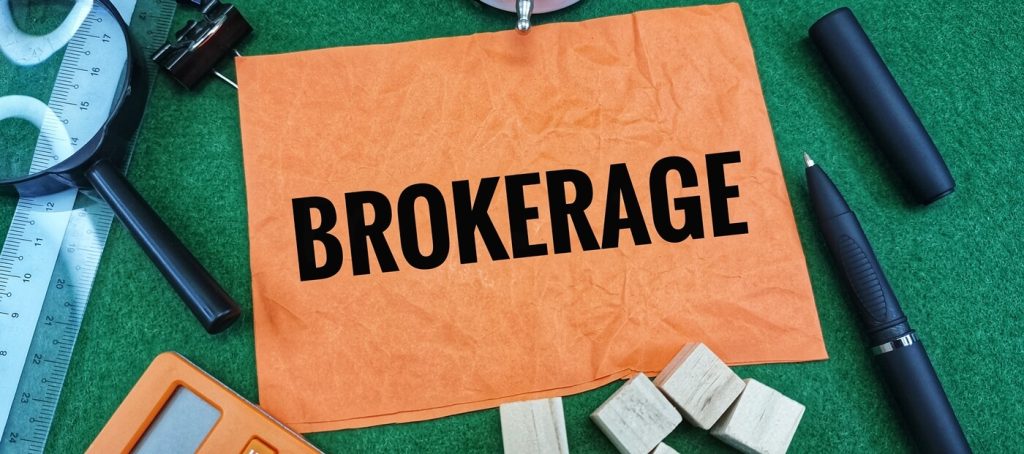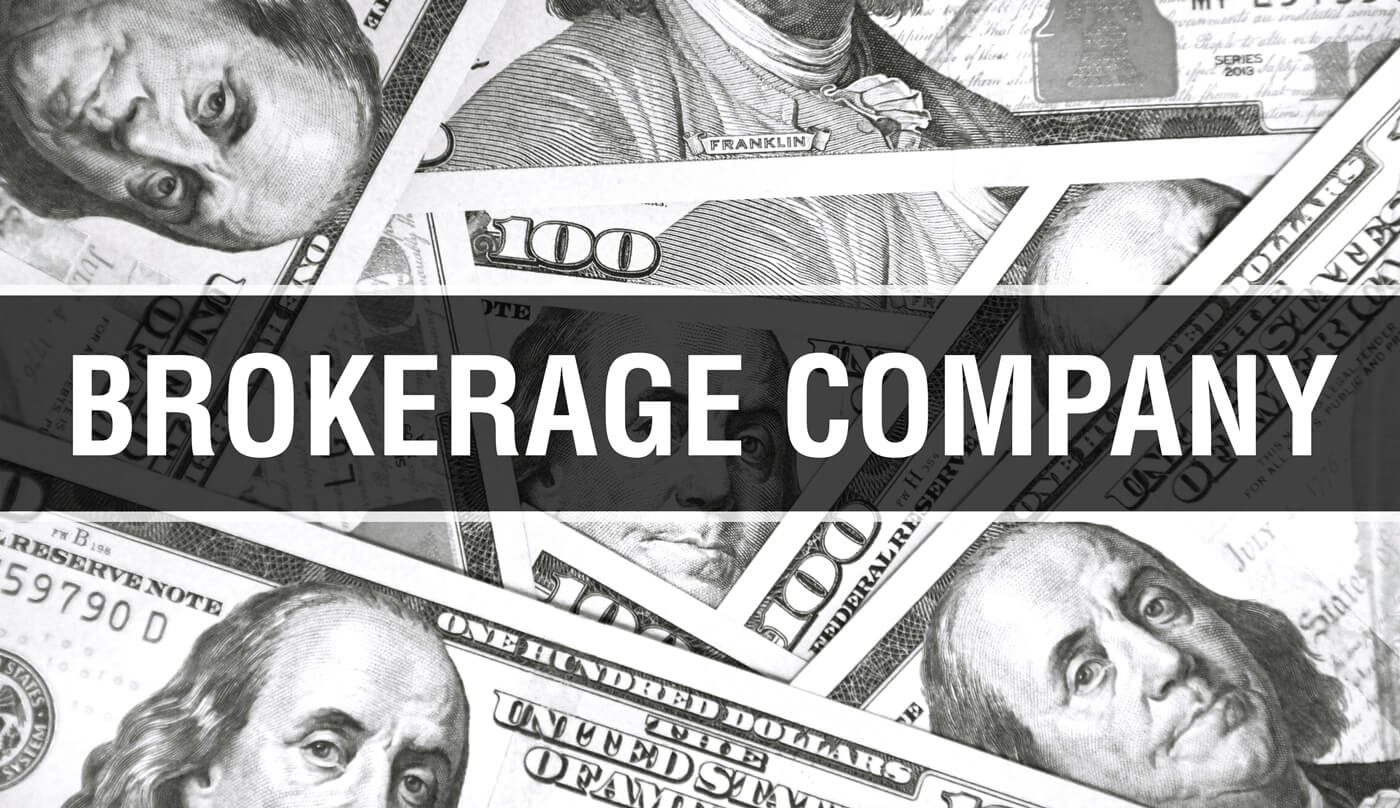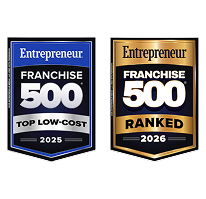When building a bridge, you must first have your starting and ending points earmarked. Then, figure out how to span the space between those two anchoring points.
It’s a similar situation when you plan the startup of your own insurance business. You know where you are now and where you want to be. Now, you’ve got to figure out a pathway. Learn how to start an insurance brokerage step by step.
Start with a clear definition of what an insurance brokerage is (and isn’t).
First, Choose Your Path: Franchise vs. Independent vs. Captive
What’s the difference between a captive agent, a broker, a franchisee? You’ll find that it’s an important distinction.
- Independent Agent/Broker: A broker has established a contractual relationship with a multitude of carriers and brands. That means the policyholders of a broker have more options
- Insurance Franchise: Buying a turnkey business model (like Freeway).
- Captive Agent: An agent represents the products of a single insurer. (e.g., State Farm).
When you start your own insurance brokerage, you have an expanded inventory of products for your customers. You don’t need a “take it or leave it” attitude or to try to talk your customers into an insurance line that doesn’t appeal to them because it’s the only one you carry.
Evaluate if you want Commercial or Retail customers
Who will your customers be? Some brokers deal with individual consumers, while others do business with commercial customers.
Sometimes, the product lines sold to commercial and retail customers are similar but designed to fit different needs. For example, you might sell a single auto insurance policy to a family or a fleet auto insurance policy covering all the vehicles of a small trucking firm. In both cases, you’re covering vehicles, but the audience — and product — is quite different.
Do you feel more comfortable in business-to-business or business-to-consumer sales? Do you have a background in one or the other? Make this decision early in your planning.
Path 1: How to Start an Independent Insurance Business

Here are steps to consider as you pursue your goal of starting a company.
Conduct Your Research
Analyze the local market and identify a fruitful niche. Figure out what your competition is — and isn’t — doing, and discover what’s missing in your market. How is your audience underserved?
What lines of coverage offer the best potential for success in your marketing area? Is there more opportunity in auto, homeowners, life, or business coverage? Or do you see a potential for obtaining a full inventory of lines? Make those decisions based on what the market needs and what you can deliver.
Write a Business Plan
A business plan is a documented course of action. It includes your market research as well as a description of the business you want to start, your budget, the products and services you’ll offer, your sales and marketing strategy, and other details.
You can use your business plan to attract investors or partners and seek financing, but it should also be a document that informs your own thinking and strategizing. You can find many valuable resources online to help you write your business plan. In addition, many community colleges offer classes on the subject.
Obtain Your Necessary Licensure and Certification
The licensure requirements vary greatly from state to state. Your best bet is to go online and make a search engine query such as “licensure required to become an insurance broker in (state).” Your best results will likely come from your state’s insurance commission or association of insurance brokers.
Obtaining the certification you need will depend on the types of policies you’ll represent. You’ll likely receive a pre-licensing course you’ll have to study before taking and passing your state’s insurance exam.
Register Your Business
Here’s where you deal with the experts if you haven’t started those relationships already. Your accountant or lawyer will help you understand the advantages or drawbacks of registering your company as an LLC, a corporation, or another entity.
At this point, you’ll also secure business insurance and bonds to keep you and your new company financially and legally secure. Always use the input and insights of your professionals before making a move that could severely impact your bottom line if done wrong.
Path 2. The Insurance Franchise Model
You’ve got nothing to sell until you acquire insurance products. How will you get there? Start online by identifying and reaching out to providers you’d love to represent in the lines of business you’ve decided to offer.
Watch some testimonials from Insurance Franchise Business owners
Is it Worth Opening an Insurance Franchise?
Arturo Ramírez
Why start your own Freeway Insurance Franchise?
Saul Machado
An alternative approach to negotiating deals individually with multiple brands is to apply for an insurance franchise. If you choose the right franchise operation, you’ll become the owner of a business that’s part of a network that has already achieved a high level of brand recognition and acceptance and one with a roster of insurance brands and products your customers already know and trust.
In other words, partnering with one franchisor can get you a multitude of popular brands that become yours to sell as soon as you open for business.
The right franchisor will also make you part of their advertising and promotion campaigns, so you immediately benefit from their years or decades of marketing know-how.
Path 3: The Captive Agent Model
The captive agent model is a common entry point into the insurance industry. In this structure, you sign on as an exclusive agent for a single, large insurance carrier, such as State Farm, Allstate, or Farmers. You represent only their products and operate fully under their brand.
Think of it as having one powerful, singular partner. The carrier provides you with instant brand recognition, national marketing campaigns, and a structured training program. This path can be attractive because it removes many of the initial setup hurdles and provides a clear, defined ladder for success.
However, the model’s greatest strength is also its primary limitation—you are “captive.”
- Pros:
- Instant Brand Recognition: You leverage a multi-billion-dollar brand from day one.
- Strong Support: Carriers provide extensive training, technology, and often marketing support or even leads.
- Lower Startup Risk: The path is well-defined, and the parent company has a vested interest in your success.
- Cons:
- Limited Product Shelf: You can only sell that one carrier’s products. If a client is denied coverage or your rates aren’t competitive, you have no other options and lose the business.
- Lack of Independence: You must adhere to the carrier’s strict rules, sales quotas, and business requirements. You are not your own boss.
- Ownership Limitations: In many captive agreements, you don’t truly own your book of business. If you decide to leave the carrier, your clients and renewal commissions stay behind.
This model is ideal for individuals who want a clear-cut path with heavy corporate support, but it doesn’t offer the true independence and unlimited product choice that comes with an independent agency or a franchise.
Frequently Asked Questions (FAQ)
Learn even more about how to start an insurance brokerage. Get answers to a few of the most frequently asked questions on the topic.
What Qualifications Do I Need to Start an Insurance Brokerage?
You need funding, education, and filled-out paperwork. The funding includes startup and working capital as you begin and grow your new business (more on that later).
In terms of education, you must learn about the business in order to gain your licensure and other necessary documents. Your legal needs will vary, depending on the state in which you conduct business and your line of specialty, but it could include certification and bonding from your state’s department of insurance, and a business entity license.
You’ll need to pass exams to get licensure, so you’ll have to study. A background check and bonding might also be required.
How Much Does It Cost to Start an Insurance Brokerage?
The initial cost could range from a few thousand dollars to more than $50,000. Your capital needs can vary greatly depending on the state and city in which you’ll do business. For instance, you’ll find Boston or San Francisco to be much more expensive startup locations than Omaha or Springfield, Illinois.
Another factor is your business structure and mode of operation. If you plan to open an office in a fancy downtown office building and hire a couple of employees by opening day, that will obviously cost more than if you initially work solely and operate from your kitchen table.
Will your company be independent, or will you buy a franchise? Your franchise fee might be a few thousand dollars or more, but it could be cheaper in the long run if your franchise status gives you immediate brand recognition and acceptance and lets you succeed via a shorter timeline than you would on your own.
And finally, keep in mind that you won’t turn a profit from day one. In fact, it could take as long as a couple of years to break even, so you’ll need working capital to keep you going until you reach that point. Figure out the bills you must pay and your minimal expenses. It helps if you have a working spouse or a second job to bring in some income until you start to turn a profit.
How Long Does It Take to Become a Licensed Insurance Broker?
It depends on what you call our starting point. From studying for your license to taking the exam, applying for your license, and getting it, the timeline might only be several weeks.
If, however, you’re thinking about the time to acquire your working capital, attract partners or investors if that’s what you’ll do, and decide on a franchise organization to support your business success, that timeline might get much longer.
However long it takes, stick with it. The rewards far outweigh the time and effort.
Take a Few Shortcuts in the Planning Process. Consult a Freeway Franchise Representative.
Does starting an insurance brokerage seem like a long and complex pursuit? Don’t worry — help is available. Simply call a Freeway Insurance franchise representative at 877-822-3024. Or give us your contact information online, and we’ll reach out to you to get the conversation started.
Freeway is a valuable resource when starting an insurance company. We’ll show you how cost-effective it can be to buy a Freeway franchise and get a comprehensive training program, as well as help gain your state’s licensure. Once you become a Freeway franchisee, you’ll have access to leading coverage brands and all the help and support you’ll need, even as a first-time business owner.
We have more than 550 franchises coast-to-coast and are looking to add franchises all over the country.
Take a look at the array of Freeway Insurance-ready markets throughout the United States.
A Freeway franchise is always your own business. You’re the boss. But we’re with you every step of the way.
Contact or Call your Freeway franchise representative today.



